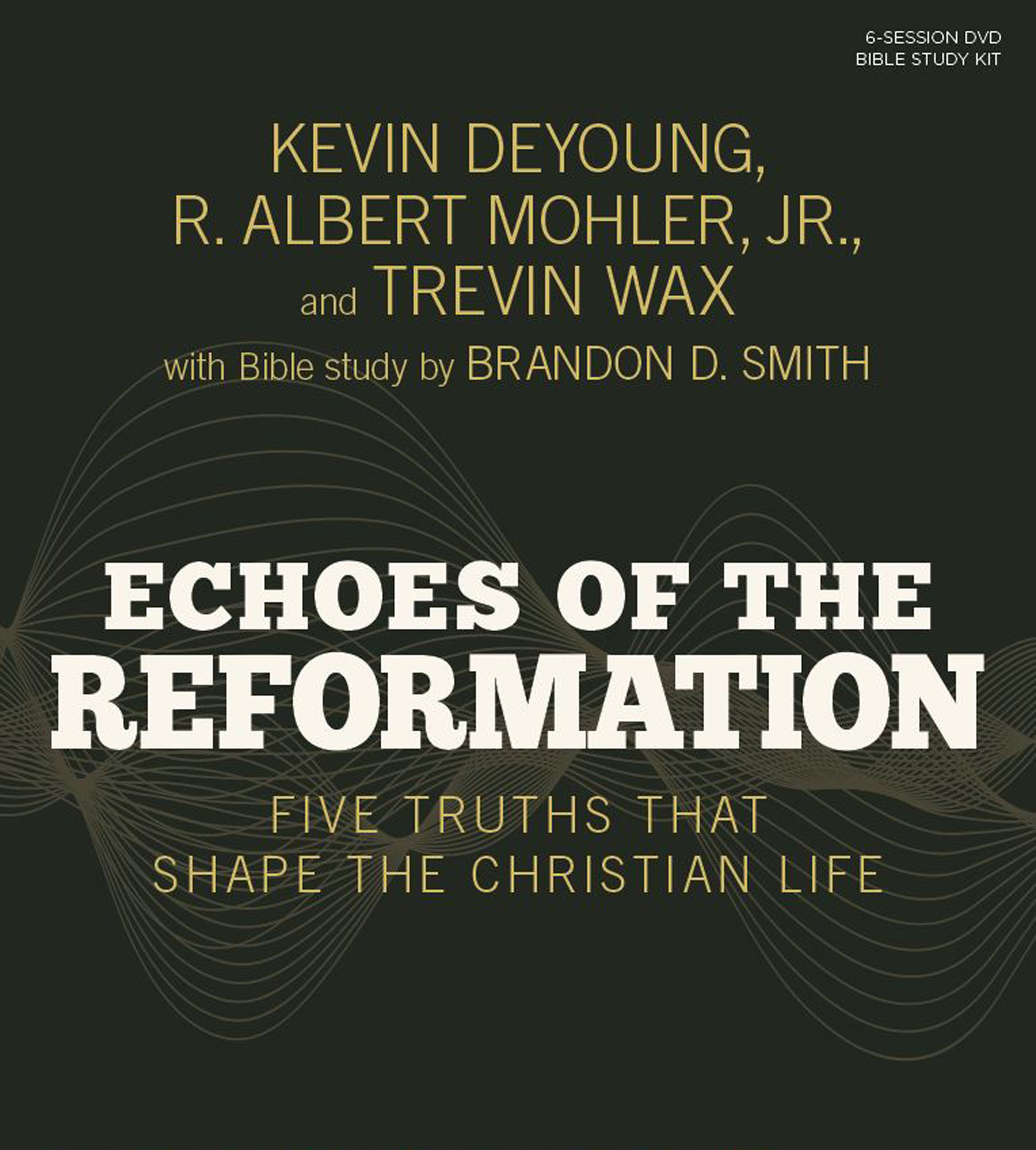 [1]
[1]WASHINGTON (BP) – The U.S. Supreme Court upheld late Thursday (Feb. 11) a lower-court ruling that blocked Alabama from executing a prisoner because the state would not allow a pastor to be with him.
The high court let stand an injunction issued Feb. 10 by the 11th Circuit Court of Appeals in Atlanta against the Alabama Department of Corrections (ADOC), which bars any clergy member from being present in the execution chamber. The policy violates a federal law protecting the religious free exercise rights of prisoners, justices said.
After the Supreme Court’s decision near midnight, the ADOC postponed Willie Smith’s execution, which had been scheduled Thursday evening, according to the Associated Press. Smith was convicted of murder in the 1991 shooting death of Sharma Ruth Johnson in Birmingham.
Religious liberty advocates commended the justices’ ruling.
“Death row should not be a no-go zone for religious freedom,” said Russell Moore, president of the Southern Baptist Ethics & Religious Liberty Commission. “This ruling affirms a basic constitutional principle, a principle consistent with the biblical vision of every person as accountable before God. Every prisoner, of any faith, should have the ability to seek spiritual counsel and prayer, especially in the moments right before that prisoner is to stand before God.”
The government, Moore said in written comments, “should not stand between a prisoner’s conscience and spiritual ministry and service. The court was right to affirm that the state has a compelling interest in maintaining security within the prison, and the court was also right that the state must demonstrate that the presence of clergy violates that security in order to prevent this simple request. We can have security, and also allow people who want to pray to do so.”
Diana Verm, senior counsel at Becket, said, “If Willie Smith has to leave this world, he shouldn’t have to leave it all alone. Alabama used to know that, which is why it always required a chaplain to be with the condemned man until the end.
“Prisoners should be allowed to make peace with their Maker in their final moments,” she said in a written statement. “We are glad the Supreme Court has ensured that can happen in this case.”
Alabama ended its requirement of a prison chaplain in the execution chamber in 2019, when it changed its policy in response to a Supreme Court opinion in a Texas case. The justices ruled the state could not bar a member of the Buddhist clergy from the execution chamber while providing Christian and Muslim chaplains. Both Texas and Alabama revised their rules to prohibit all clergy from the execution chamber.
The Supreme Court agreed with the 11th Circuit that Alabama’s refusal to allow Smith’s pastor to be with him violated the Religious Land Use and Institutionalized Persons Act, a law enacted in 2000 that prohibits government policies that substantially burden inmates’ religious free exercise. In 2005, the high court unanimously upheld the law, which permits an exemption if the government can show it has a compelling interest and is using the least restrictive means to further that interest.
Associate Justice Elena Kagan – joined by three other justices – said Alabama’s policy “substantially burdens Smith’s exercise of religion.” While prison security is “a compelling state interest,” as Alabama argued in the case, past practice “shows that a prison may ensure security without barring all clergy members from the execution chamber,” Kagan wrote.
“The law guarantees Smith the right to practice his faith free from unnecessary interference, including at the moment the State puts him to death,” she wrote.
Associate Justices Stephen Breyer, Sonia Sotomayor and Amy Coney Barrett joined Kagan in her opinion. In dissent, Chief Justice John Roberts and associate justices Clarence Thomas and Brett Kavanaugh said they would have overturned the 11th Circuit Court’s injunction.
The brief opinions did not disclose where associate justices Samuel Alito and Neil Gorsuch stood on the ruling, but at least one of them apparently agreed with the 11th Circuit Court’s decision.
Robert Wiley, whom Smith considers his pastor and who ministered to the inmate for years, said the convicted murderer has undergone a spiritual transformation.
“The old Willie Smith died a long time ago,” Wiley said in a Feb. 11 article in the Montgomery (Ala.) Advertiser. “The man he is now, he’s not the same. It doesn’t excuse what he did. He’s never made any excuses to me. He’s remorseful of it. Knowing Christ now, he realizes the weight of the life he took, the weight of his actions.”







